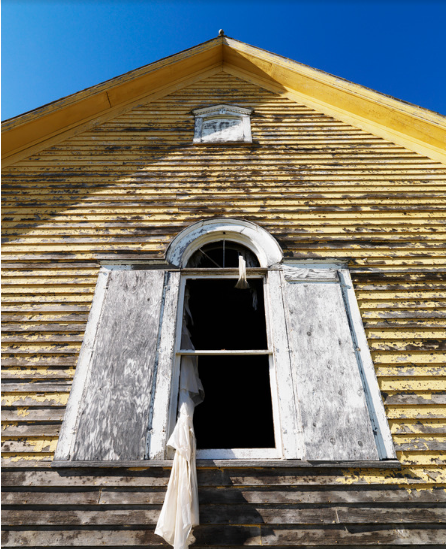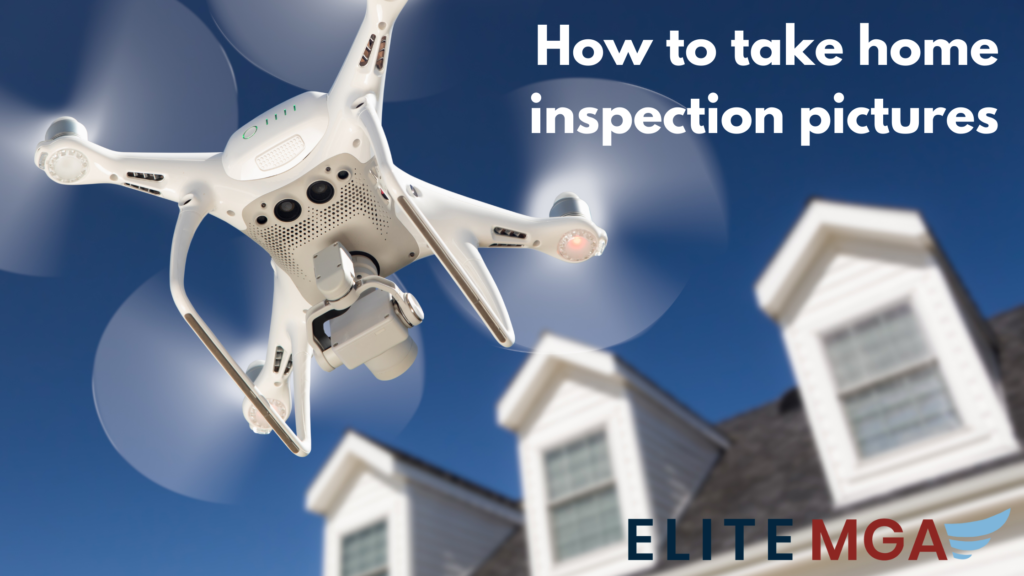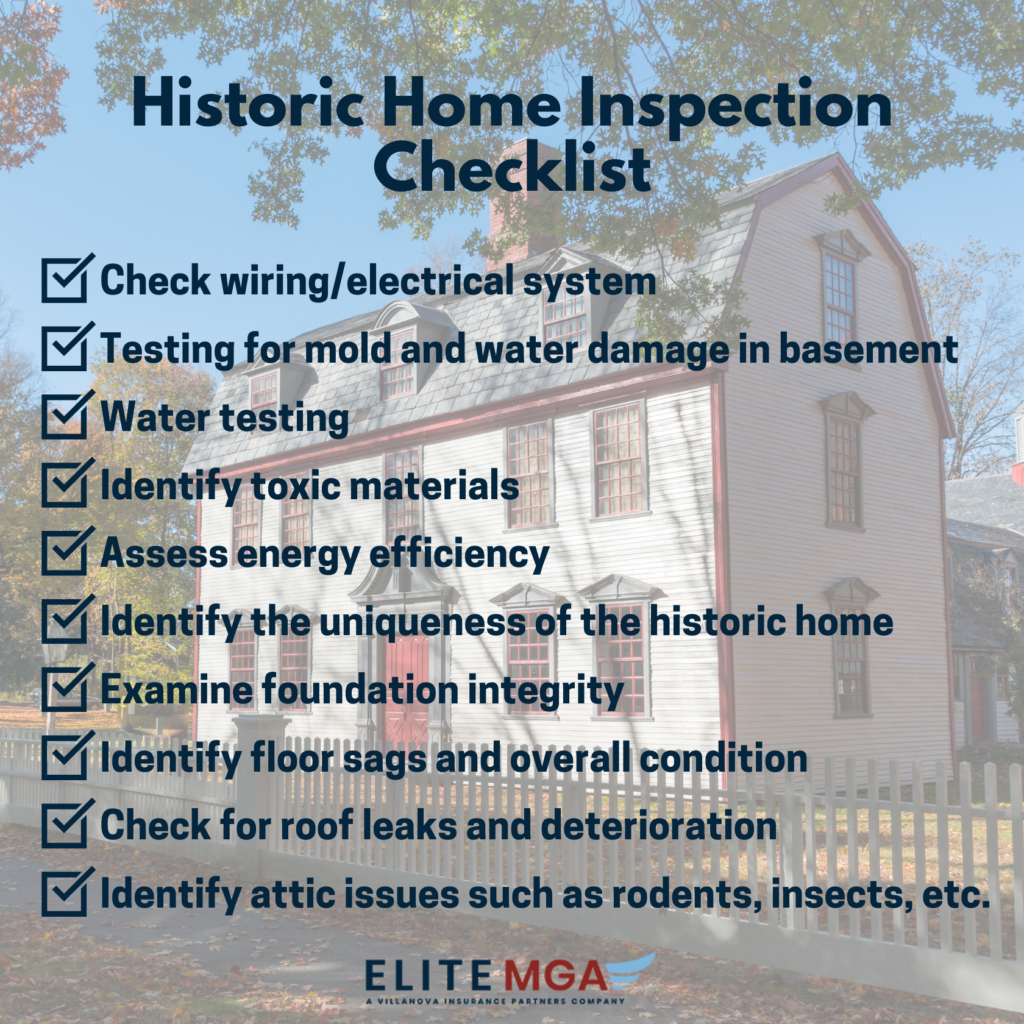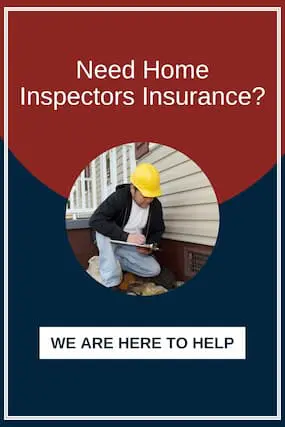For the most part, properties found on the market are sold by owners who are upgrading, downgrading or moving to another area. These buildings have typically served as a primary residence and sellers took care of them accordingly. Every once in a while, vacant structures can also sneak into the market, whether from a deceased relative or a financial downturn resulting in foreclosure. The prospect of inspecting vacant properties is always a possibility, and inspectors should plan accordingly.
Inspecting vacant properties can create unique challenges for the inspector. Depending upon how long the building has been vacant, it is possible there will be a number of obstacles that could hinder the inspection. Problems could arise such as the issue of pests or rodents, the possibility of vandalism, or even squatters who may have taken up residence inside the home. Before and during the inspection, inspectors should take steps to be vigilant and remain safe.
Check If the Utility Services are Active or Not –
One of the first things to consider before inspecting a vacant property is whether or not the utilities have been activated. If the structure has been sitting empty for a long period of time prior to inspection, it’s probable the utilities were turned off at some point. A thorough inspection will require the use of power to test lights, appliances, and outlets, among other things. It will be necessary to ensure the power, along with other utilities, has been switched on by the utility company before the inspection commences. Home inspectors should check with the listing agent prior to the inspection to ensure these are on. A home inspector should never turn the utilities on themselves. If, due to the utilities not being on, a home inspector is unable to inspect a certain area or appliance, they should make note of this in the report and the summary page and reiterate this to their client and the listing agent. Vacant properties can also pose potentially dangerous situations due to vandalism or deterioration of the property. Rotting wood or mold could pose a health risk, and depending on how long the building has been standing the possibility of structural damage is a real threat. It is always better to be safe than sorry. Home Inspectors should take every precaution to be overly safe.
Check If Pests, Rodents, or Other Critters have Invaded the Place –
Another factor to consider when inspecting vacant properties is the possibility that the building may not be entirely empty. The invasion of pests, rodents, or other animals is common with abandoned or empty properties. The likelihood of dealing with an invader should be taken into consideration when performing a home inspection. Usually, these types of intruders aren’t terribly dangerous, but disturbing a wasps’ nest or running into snakes or rats isn’t a pleasant experience and precautions should be taken.
Check for Unlawful Residents –
Additionally, there could be unlawful residents to contend with. Squatters sometimes seek out vacant structures, especially if the building has been empty for a long time. Checking with the listing agent or homeowners about the possibility of vagrants is always a good idea, as it could potentially be dangerous to disturb someone who has set up residence in a vacant home.
Communicate and Take Precautions –
There is always the unknown to contend with when inspecting vacant properties, but for the most part, a little planning and forethought can help to eliminate dangerous situations. Communicating with the homeowners, when possible, can help identify potential issues with the property. Taking precautions such as dressing appropriately and wearing a respiratory mask when necessary can help prevent injury. A vacant property can be hazardous but being prepared and planning accordingly will help to mitigate any danger.
EliteMGA offers protection for inspectors and helps to cover them from the dangers of inspecting vacant properties. Inspectors, and their clients, deserve to feel secure. Contact us or get a quote for more information about how we insure home inspectors.





